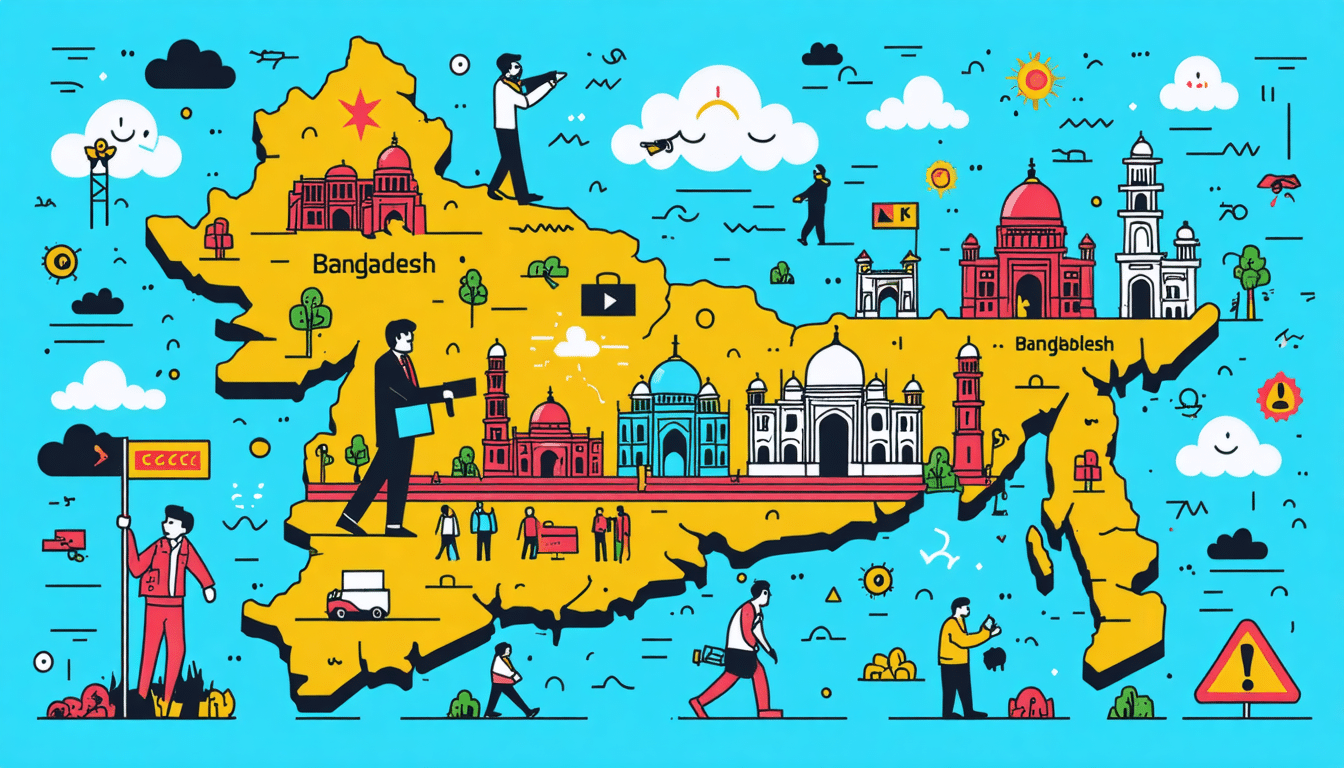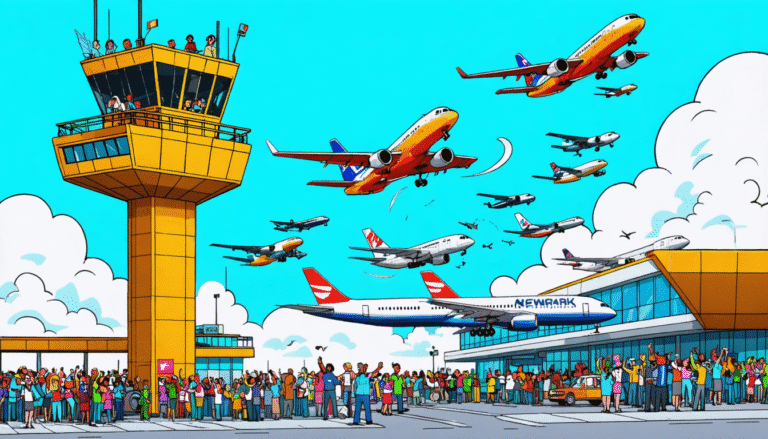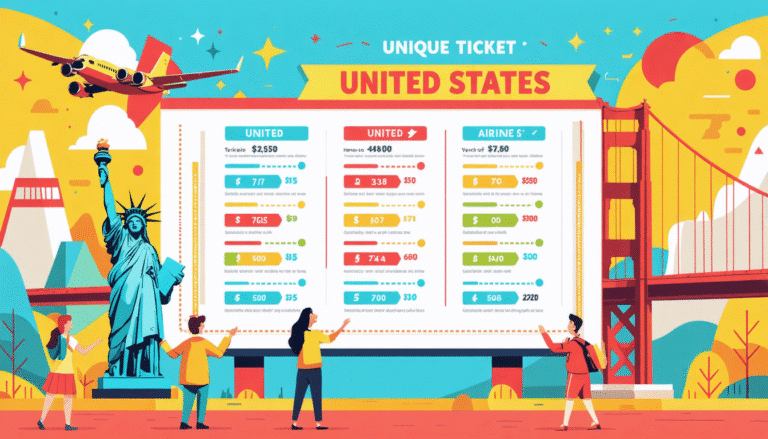The travel warning issued by the United States for Bangladesh is experiencing an unprecedented tightening, reflecting a surge in communal violence and an increased terrorist threat. The specter of kidnappings, targeted attacks, and violent riots now shapes the security reality of Dhaka and marginal regions. Following recent political instability, social order struggles to reestablish itself, leading to insecurity that travelers dread. Entire areas are thus becoming impassable for foreigners, exacerbating distrust in the local rule of law. This tightening of American guidelines signals a shift in international perception, emphasizing the urgency and severity of recent events. Reassessing any intention to travel becomes imperative in this shifting context.
| Focus |
|---|
|
Increased Security Alert in Bangladesh: Strengthening of the American Warning
American authorities have just classified Bangladesh at alert level 3, urging their nationals to reconsider any travel to this South Asian nation. The elevation of the alert level is based on a combination of communal violence, terrorism, and crime, illustrating the profound political instability experienced since the bloody coup that occurred less than a year ago. The persistence of social unrest and sectarian tensions further amplifies the precariousness of the situation.
Focus on Prohibited Areas and Specific Risks
Some regions, notably the districts of Chittagong Hill Tracts – Khagrachari, Rangamati, and Bandarban – are now under a total travel ban (level 4, “Do Not Travel”). The warning highlights the intensification of communal violence, the risks of kidnappings, and the presence of separatist groups in these remote mountainous areas. Acts of violence often target religious minorities; kidnappings spare neither local leaders nor vulnerable community members, as evidenced by the recent fatal attack on a Hindu leader.
Political Climate Post-Coup and Security Consequences
Since the ousting of former Prime Minister Sheikh Hasina, Bangladeshi society remains deeply polarized. The country is still under the leadership of an interim government headed by Muhammad Yunus, awaiting an electoral consultation. This context has fostered mass protests, violent clashes, and a wave of repression against certain minorities, notably Hindus. Over a thousand protesters have died during the clashes, exacerbating the feeling of insecurity and the vulnerability of already marginalized populations.
Ongoing Fears of Terrorism and Movement Restrictions
American security services cite a constant threat of attacks and unpredictable political violence across the territory. The explosions of improvised devices, shootings, and coordinated actions by separatist factions reveal a high risk, even outside officially dangerous zones. The State Department formally recommends avoiding all gatherings, regardless of whether they appear peaceful, stressing their tendency to escalate without prior warning.
Traveler Guidelines and Limited International Presence
The movements of American federal agents outside the diplomatic enclave in Dhaka are now strictly limited, requiring special authorization. Foreign visitors should avoid protests and continuously monitor local news to adjust their behaviors without delay. These measures aim to reduce exposure to specific risks associated with protest movements and abuses committed during unstable periods. For a deeper analysis of similar contexts and to understand the regional scope of instability, one can consult this summary on global sociopolitical tensions as well as the study dedicated to sociopolitical dynamics in South Sudan.









